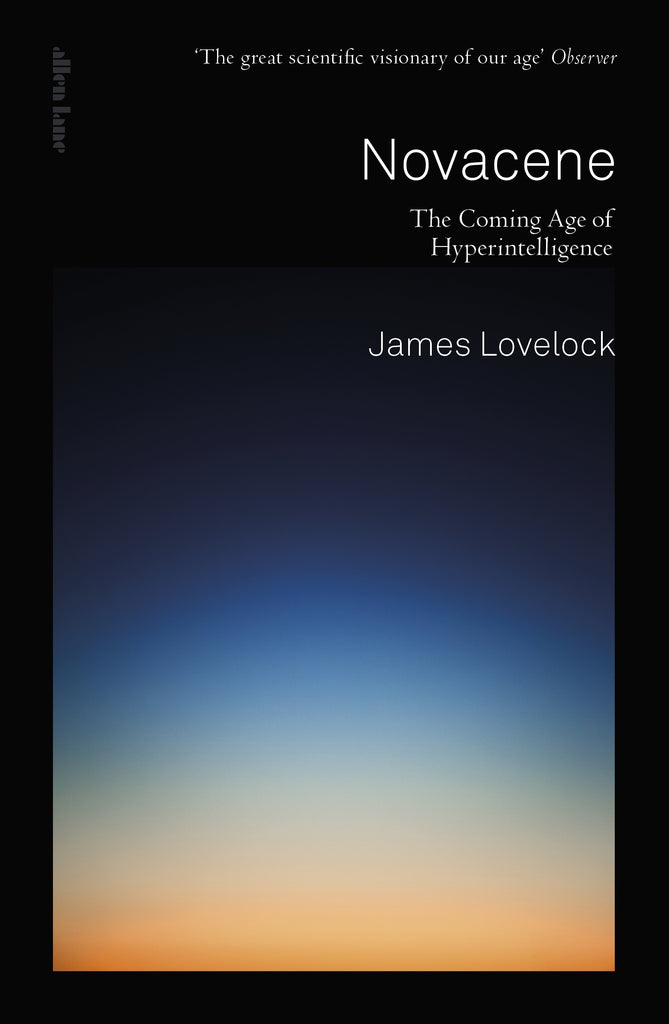
Novacene by James Lovelock
Many people believe that super-intelligent robots pose a serious threat to humanity. Not James Lovelock, said Steven Poole in The Guardian: in his new book, the 99-year-old scientist and inventor displays a remarkably sanguine attitude to the “coming machine takeover”. Lovelock’s term for the AI-dominated future is the“Novacene”: soon, he argues, this will replace the “Anthropocene”, in which humans have been the dominant influence on the environment. In the new era, cyborgs will emerge that can “think 10,000 times faster than we do” and they will change the planet in unimaginable ways. But crucially, they won’t do away with humans, because they will “realise that they need organic life to keep the planet at a habitable temperature” (even robots, it seems, won’t survive runaway global warming). Although Lovelock’s speculations sound far-fetched, the underlying science is explained with “beautiful clarity”, and the book is a “bracing corrective to the crypto-Christian guilt and self-loathing of much traditional environmentalism”.
It is tempting to dismiss some of the claims made in this book as crazy, said Martha Gill in The Times. In the future, Lovelock suggests, we may “provide the decoration” for our robot overlords just as, at present, “flowers delight us”. We should, he says, feel proud about passing on the gift of intelligence to a “race of robot geniuses”. And yet throughout his “long and decorated career”, Lovelock has made a habit of coming up with “mad ideas” that are proved right. Most famous is his “Gaia theory”, which holds that the planet regulates itself much as single organisms do. In the 1970s, when he first proposed it, it seemed “bonkers”; now it “forms the basis of much climate science”. Who’s to say his latest theory won’t seem similarly prescient?
